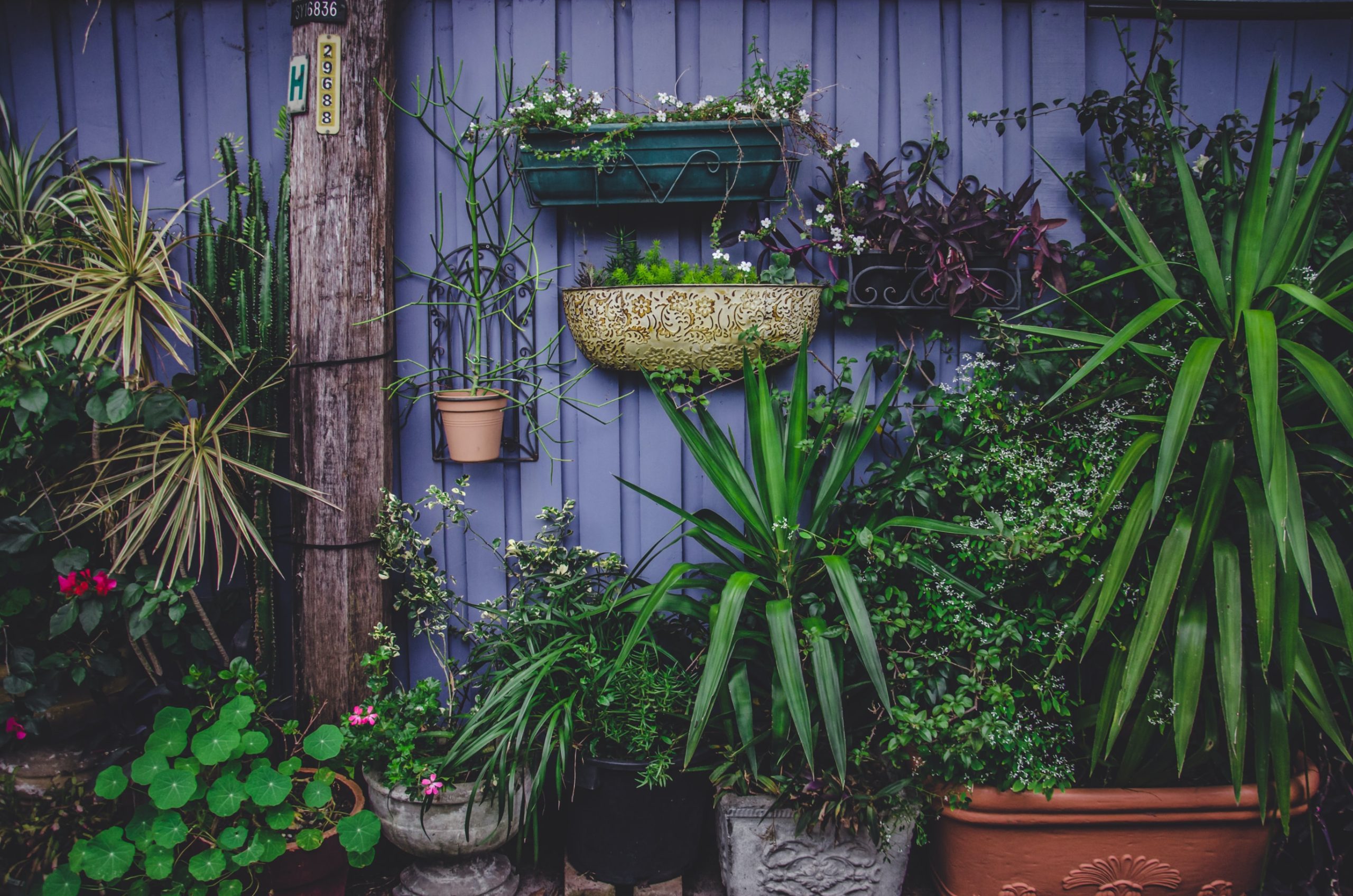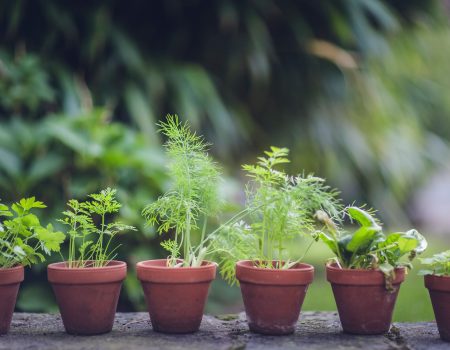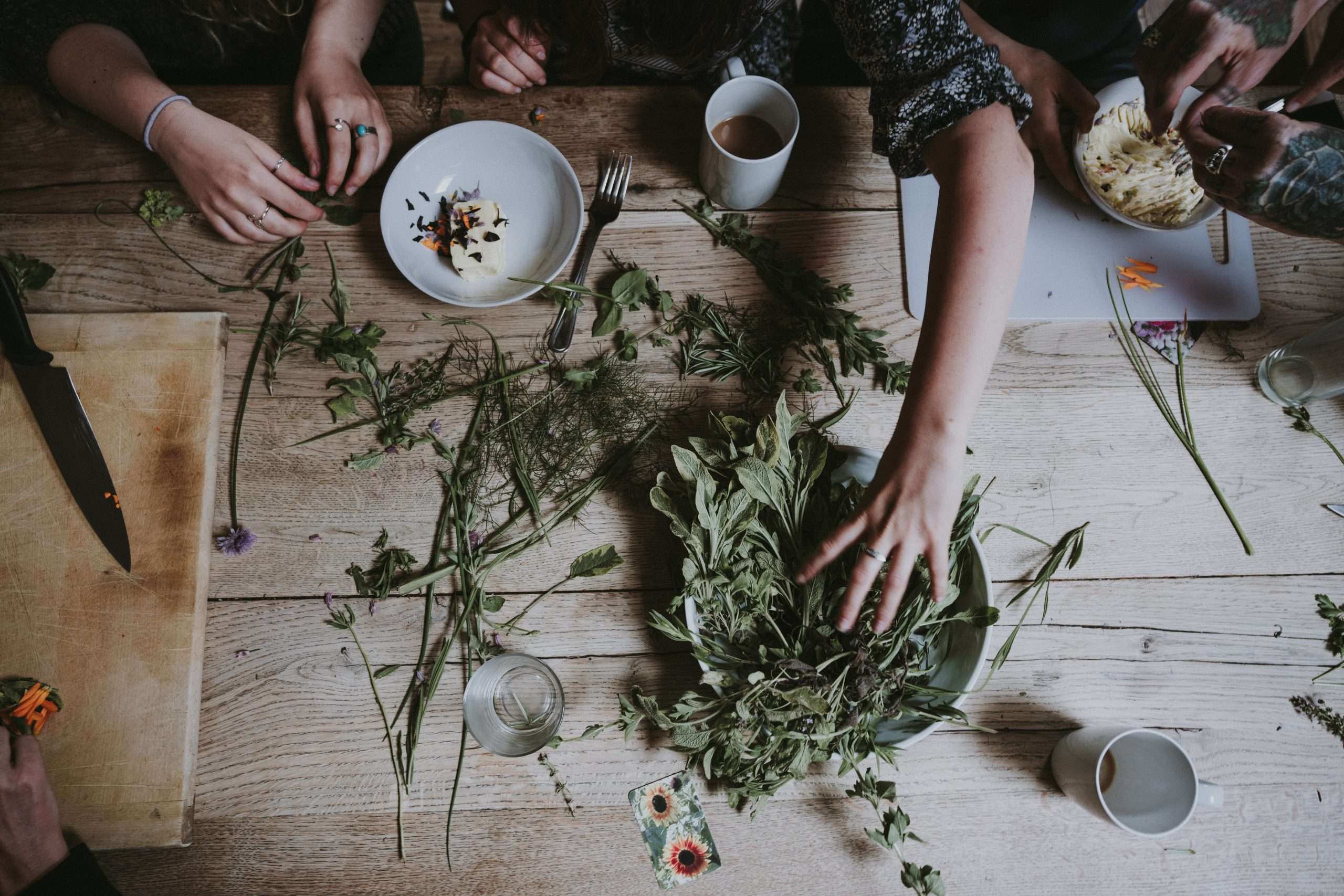Herbs need a specific amount of water to grow. Each herb’s water needs vary according to its size and growth circumstances. Some herbs, such as chives or cilantro, need very little water, whilst others, such as rosemary, require almost four times as much water as lettuce.
This article will give you the necessary guide and technique on how to correctly water your herbs to get the optimal amount of moisture they need to develop.
We also advise on when it is time to water your herbs and what equipment you can use to make watering your herbs easier, ensuring that the development of your herb garden is unaffected by any potential problems.
How Much Water Is Enough
Herbs need water, but too much or too little water can be just as bad for them. The key is to find a balance and only water your herbs when you can feel that the soil is dry.
Depending on the size of the pot and the type of plant, you may need to water your herbs every day or two. If you live somewhere hot and dry, your plants will probably need more water than if you live somewhere cooler and wetter. If you’re not sure, it’s better to have too little water than too much.
When And How To Fertilize
It is essential to fertilize your herbs to keep them healthy and thriving. But how much and how often should you apply fertilizer? Find out by reading on.
In Germany, consumers buy over 300 grams of culinary herbs per year, with parsley, chives, dill, and basil being the most popular.
Herbs need fertilization just like every other garden plant. The optimal time to fertilize them is in the spring before they begin growing actively. You have the option of using either granular or liquid fertilizer.
I will advise you to apply the best recommended granular fertilizer according to the instructions on the packaging and then thoroughly water the plants. Pour liquid fertilizer into a watering can after diluting the solution with water at a ratio of 1:4 (one part fertilizer to four parts water).
Then, thoroughly hydrate the soil around the base of each plant with this solution.
It would be best if you gave your herbs extra feeding in early summer since this is when they will begin their most active development phase.
Why It’s Important To Select The Best Container
When growing herbs, the container you pick may significantly impact your plants’ growth.
If you want to grow herbs indoors, use the best-recommended pot, which is big enough for the plant to grow and has holes in the bottom, so it doesn’t get too wet.
Be careful to drill holes in the bottom of every container to allow water to drain. Before planting, include new manure so that there are plenty of nutrients for the plants.
After selecting a container, apply soil or mulch to fill it halfway. Next, put your selected herbs into the planter at the appropriate depth for their size and distribute them evenly around the container.
Before spreading mulch or dirt on top of the herbs to keep them wet until they get established, water them well. Once established, you will need less water since the plants should be able to live with only an occasional watering every few weeks or so, depending on the frequency of rainfall.
What Type Of Soil To Use
It is vital to water your herbs, but you do not want to overdo them. The soil you use might also influence the water your plants need. If you are using potting soil, ensure that it drains effectively.
Generally, plants should be watered when the top inch of soil is dry. Ensure that extra water doesn’t collect in the bottom of the pot after watering.
If there are no drainage holes in the container, remove the plant and place it on a dish or saucer so that any remaining moisture may evaporate rather than sit at the bottom.
The global market for herbs and spices is projected to grow at a CAGR of 6.44% from 2023 to 2028, indicating increasing demand for various herbs.
Potting Plants From Seeds Or Cuttings
Herbs are among the simplest plants to cultivate, regardless of whether they are started from seeds or cuttings.
Check the soil before watering and let it to dry out between waterings, since the majority of herbs need just 1-2 inches of water each week.
Culinary herbs generally require watering 1-2 times per week, but this can vary based on factors like climate and soil moisture. It’s recommended to check the soil’s dryness before watering to avoid overwatering.
If you are growing herbs inside, be sure to position them near a bright window so that they get sufficient light.
Make sure your container has drainage holes, since excess water may cause root rot.
Troubleshooting & Diseases
Water is essential for the survival of your plants. Your plants will get stressed and more prone to disease without sufficient water. The amount of water your herbs need will vary based on the kind of herb, the climate, and the potting soil.
Here are some recommendations to help you properly water your plants.
- The kind of container you select (clay, plastic, etc.) may determine how fast the soil dries up and how often it must be watered.
- Always examine plants before watering to ensure they are not already soaked.
- Herbs growing in a shaded location may need less water.
- Herbs should be watered less regularly in warmer weather since their natural tendency is to preserve moisture.
Conclusion
Herbs’ water requirements vary, including climate, soil type, etc. In general, even if you lack significant gardening knowledge, you should be familiar with the quantity of water needed by various plants.
However, soil nutrients are crucial in deciding which herbs will flourish and which will not. With this, I’ve concluded this great article; ensure that your herbs are always healthy by following the advice in this piece, and you’ll be fine. Thanks for reading!
Frequent Asked Questions
Can herbs get too much water?
How much light and water do herbs need?
Which herbs require the most water?
How do I know when to water my herbs?
Should I water herbs everyday?
References
How To Start A Herb Garden From Scratch
How Often to Water Herbs—Avoid Overwatering
How Often Should You Water Herbs Indoors?
Disclaimer
This content on Bagrica is for informational purposes only. Consult a professional for pet care or farming advice. Bagrica is not liable for any actions taken based on this information.






No Comment! Be the first one.